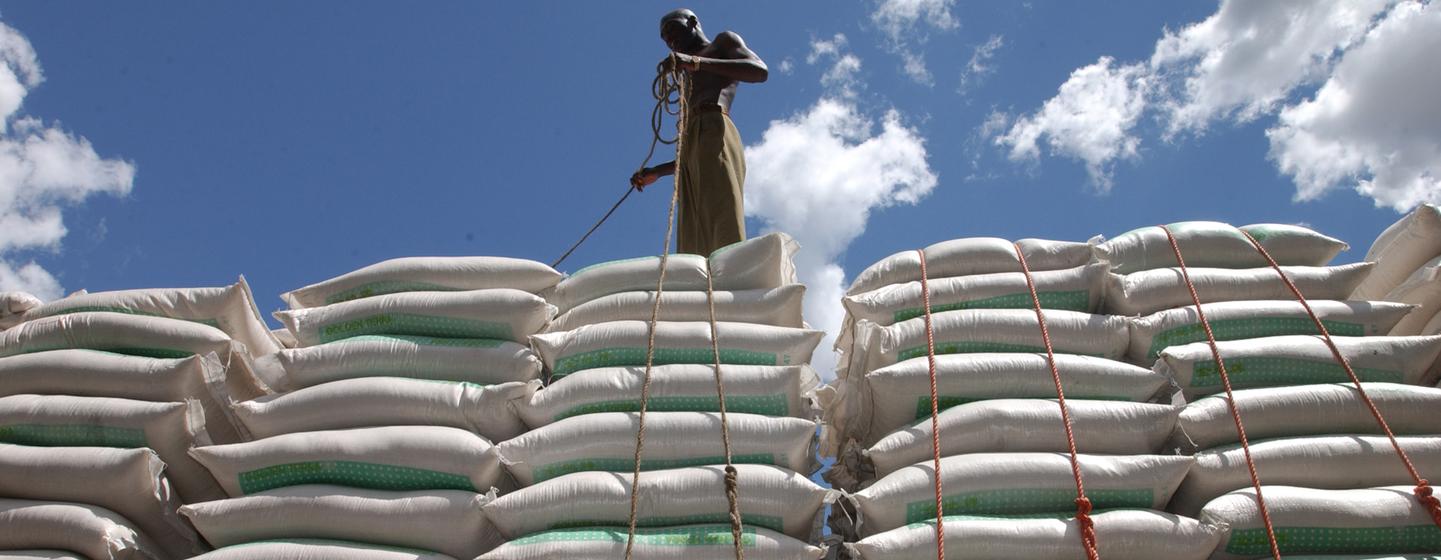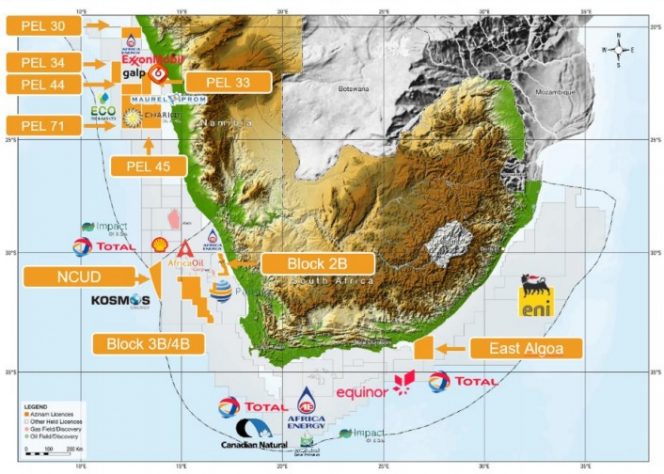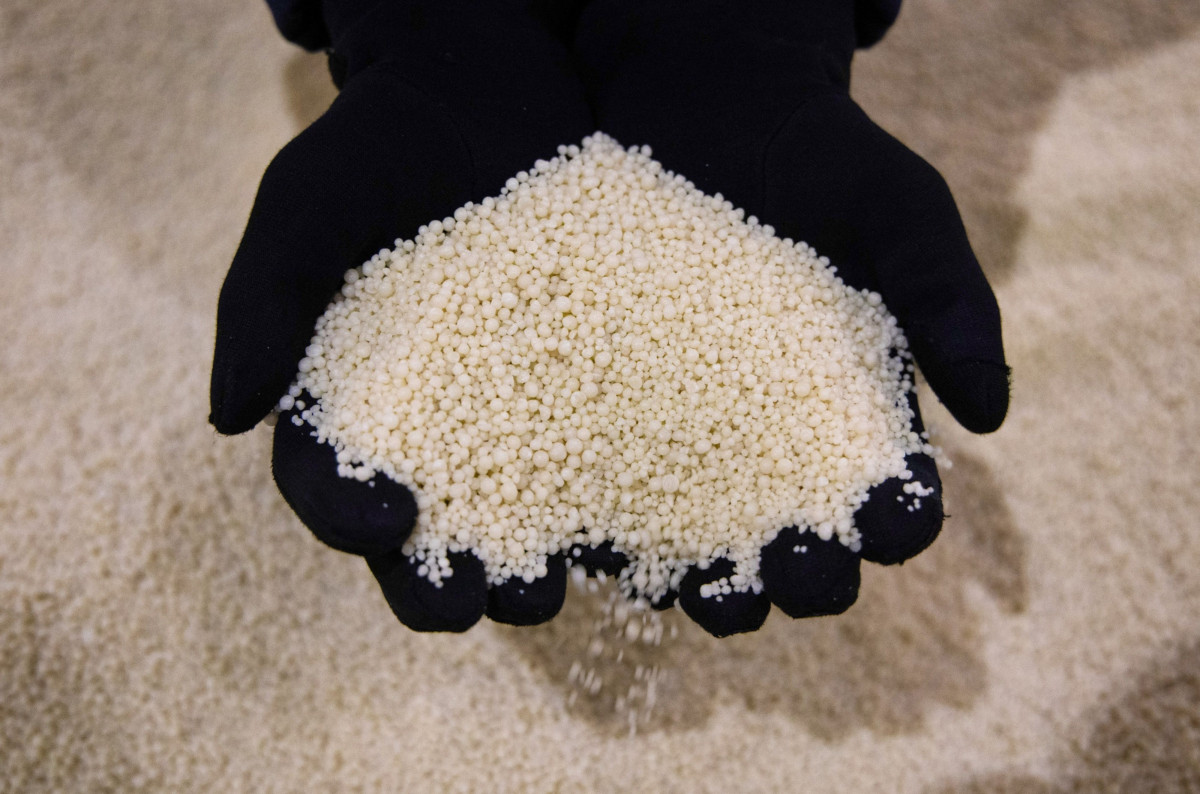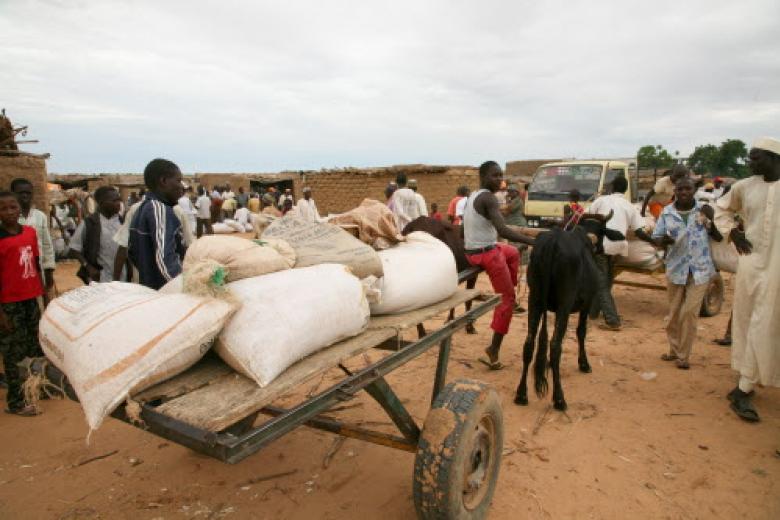When African leaders meet with Russian President Vladimir Putin in St. Petersburg in late July for a summit, their discussions will likely be overshadowed by Russia’s pull-out of the Black Sea Grain Initiative that could badly damage Moscow’s relations with its African partners.
Billed as strengthening cooperation in peace, security, and development, the Russia-Africa Summit comes as Russia’s invasion of Ukraine has led to higher food and oil prices for many African nations — and prices could rise further after Putin’s decision last week to halt the UN-brokered deal that allowed Ukrainian food exports to reach international markets. This step could badly damage Moscow’s relations with many of its partners in Africa that have stayed neutral or even been supportive of the Kremlin’s invasion of its neighbor. When the UN General Assembly in February passed a resolution demanding that Russia end the war and leave Ukrainian territory, 141 countries voted in favor, while two African countries voted against it and 15 abstained.
But now “they [Russia] are under a lot of pressure with what’s happening in Ukraine and the ramifications of the conflict there in terms of commodity prices, particularly for Africans,” says Mvemba Dizolele, Director of the Africa Program at the Washington-based Center for Strategic and International Studies. Putin’s declared goal in halting the Black Sea Grain Initiative was to win relief from Western sanctions on Russia’s agricultural exports. But with the West showing little willingness to yield any ground, Putin’s actions not only threaten global food security but also could backfire against Russia’s own interests, potentially straining Moscow’s relations with key partner Turkey and hurting its ties with African countries.



